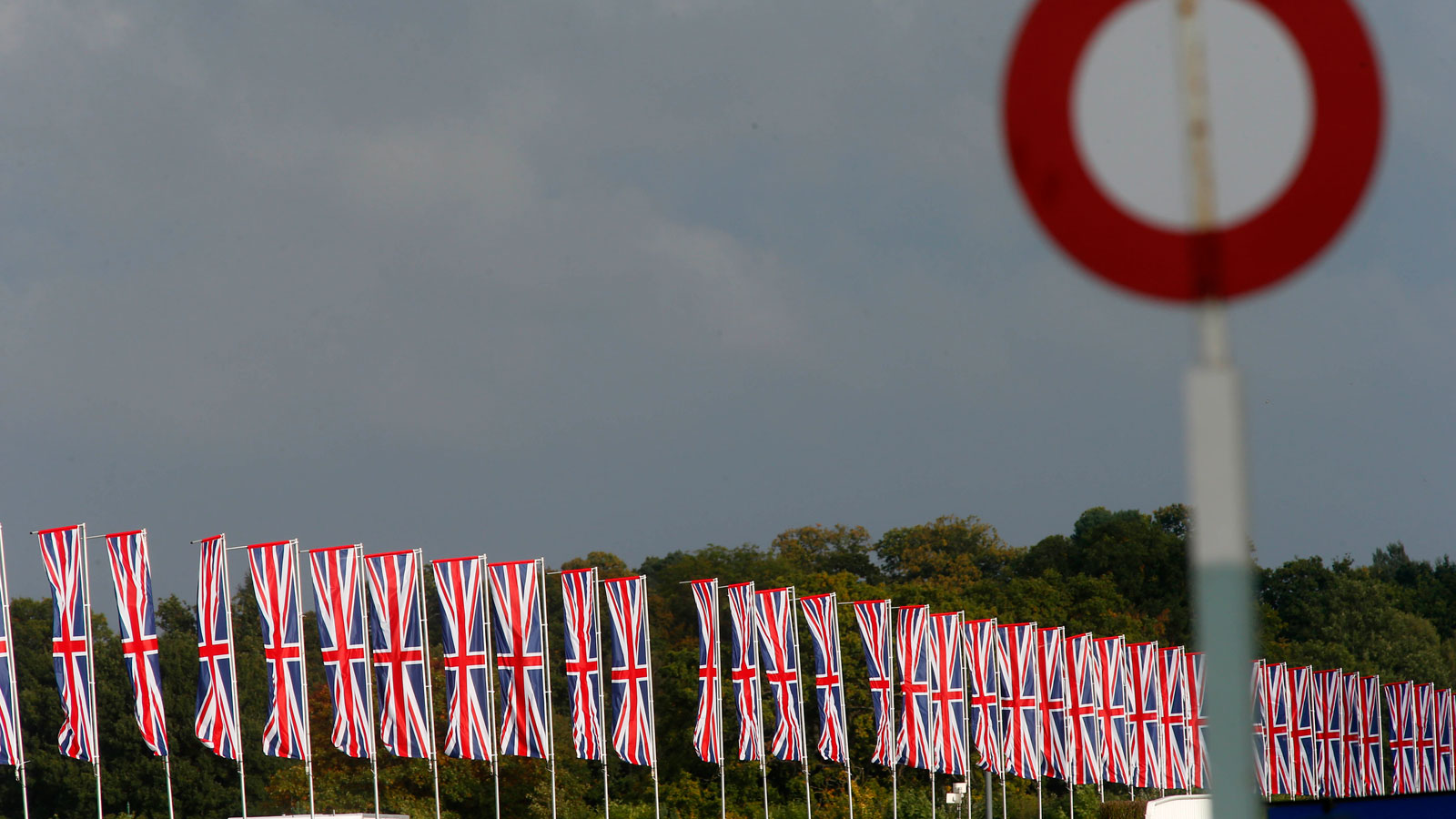BHA granted right to appeal Disciplinary Panel decisions

As of 3 November, the Rules of Racing have been amended to give the British Horseracing Authority (BHA) the right to appeal decisions made by the Disciplinary Panel. Previously, only individuals charged with a breach of the Rules had the right to appeal such decisions. The amendment was recommended by the Rules Committee, and approved by the BHA Board at its meeting on 1 October on the understanding that the right would only be invoked in ‘exceptional circumstances’.
In contrast to other major British sports such as Football, Rugby and Tennis, Horseracing’s regulatory body did not previously have the right to appeal decisions of the Disciplinary Panel. The new provision has been added to the Rules of Racing in order to ensure that BHA is better placed to protect the sport’s integrity by having the ability to appeal decisions which could negatively impact on the effective regulation of Racing.
The right for BHA to appeal will be on similar, but narrower, grounds to those available to any other party. However, in the case of a BHA appeal, any decision to appeal must first be approved by at least the Chief Executive, a Regulatory Director and the Disciplinary Officer. It is envisaged that the lodging of an appeal would only be approved in exceptional circumstances.
BHA will indemnify the respondent for all reasonable costs incurred in responding to the appeal in the event that the respondent is successful. The Appeal Board will make the final decision on what constitutes reasonable costs.
Adam Brickell, Director of Integrity, Legal and Risk for BHA, explained the development:
“It is a sensible and forward-thinking step for BHA, as a modern regulator, to have the ability to appeal decisions of the Disciplinary Panel.
“Whilst we consider it unlikely, it is possible that the Panel might come to a decision which may threaten BHA’s ability to regulate the sport effectively. It is correct, and in the best interests of the sport, that we should have the right to ask an Appeal Board to review such decisions.
“It is true that some regulatory bodies do not have this capability, but that is not a reason for BHA not to bring itself into line with those that do. Those bodies who do have such a right are better equipped to regulate their sport or industry, and BHA should always aim to have the most appropriate tools in its armoury in order to protect the sport’s integrity.
“This review has not in any way been driven by any recent decisions. The lack of previous cases in relation to which we might have utilised a right to appeal should provide comfort to the sport’s participants that BHA will only be exercising this right in the most exceptional of circumstances. However, I would much rather be in the position of having an appeal right which we never use, than encounter a potentially damaging decision which we can do nothing about.
“With the introduction of this ability comes a responsibility that it is used correctly and fairly. The fact that we will indemnify any reasonable costs incurred by the respondent, should they be successful, shows that we take this responsibility seriously. However, we do not think it is appropriate that we cover the costs of the respondent whatever the result of an appeal brought by BHA. The Disciplinary Review Group will consider the financial circumstances of an individual, amongst other factors, when considering whether to appeal a decision of the Disciplinary Panel.
“Overall, this should be seen as a positive and proactive step to put BHA in a better position to defend the integrity and reputation of British Racing.”
The grounds for bringing an appeal would be:
- That the reasons given are insufficient to support the decision;
- That there was insufficient material on the basis of which a reasonable decision maker could have made the decision in question;
- That the decision maker
a. Misconstrued,
b. Failed to apply, or
c. Wrongly applied these Rules, General Instructions or regulations which are relevant to the decision;
- That any Disciplinary Penalty or any award, order or other sanction is so disproportionate that no reasonable decision maker could have decided upon it; or
- That there is evidence available for the appeal which had it been available at the original hearing, would have caused the decision maker to reach a materially different decision.
